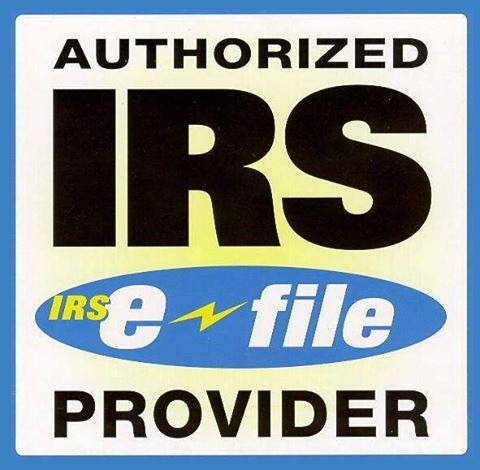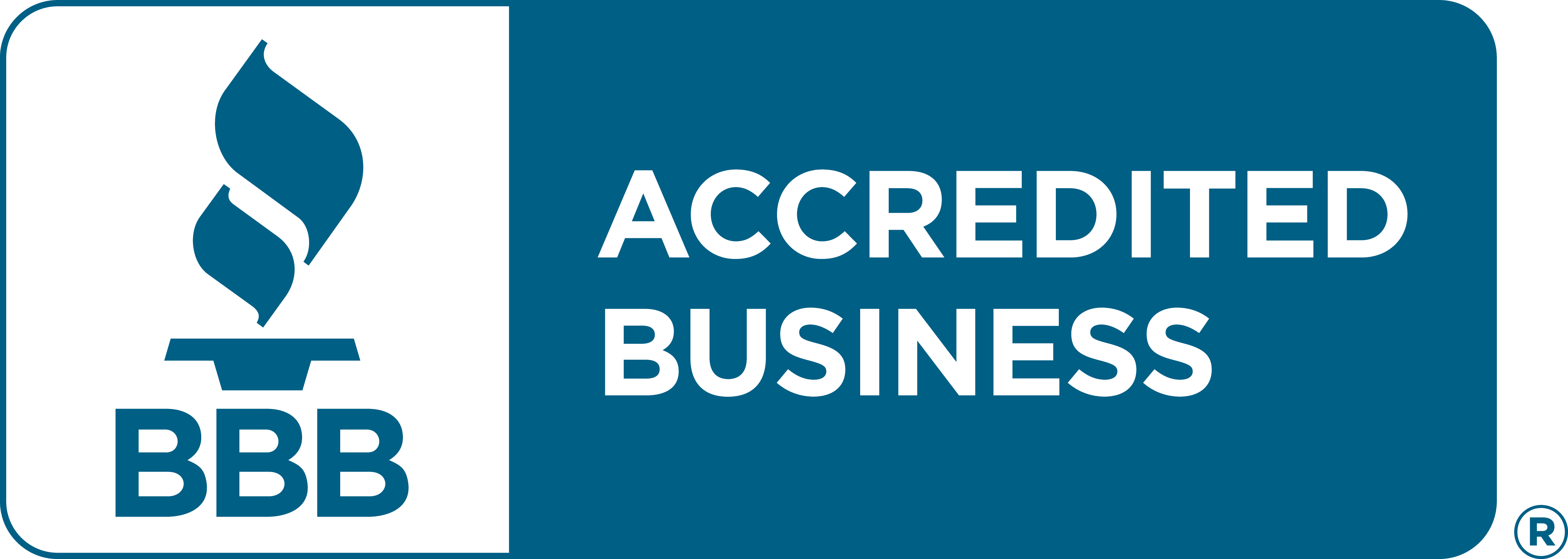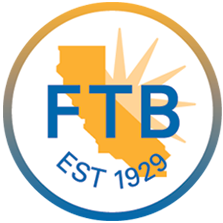Minnesota State Filing Requirements
Nonprofits in Minnesota must comply with specific state requirements to maintain their good standing and tax-exempt status.
Required Non-profit Forms
Non-profits in Massachusetts are required to complete several forms as part of their compliance obligations.
| Minnesota Secretary of State Forms | Minnesota Department of Revenue Forms | Federal Forms (Required for State Compliance) |
|---|---|---|
|
State Filing Requirements for Non-Profits
To establish a nonprofit corporation in Minnesota, organizations must:
- File Articles of Incorporation - Submit Articles of Incorporation to the Minnesota Secretary of State, including the nonprofit’s name, registered office, agent details, and incorporators.
- Appoint a Registered Agent – Designate a Minnesota-based agent with a physical street address to receive legal notices.
- Hold Initial Meeting – Conduct a board meeting to elect officers, adopt bylaws, and install directors.
- Obtain an EIN – Apply for a Federal Employer Identification Number from the IRS to open a bank account, hire staff, and apply for tax-exempt status.
- Apply for Federal Tax Exemption – File Form 1023 or 1023-EZ with the IRS to gain 501(c)(3) or other exempt status.
- Register for Charitable Solicitation – If soliciting donations in Minnesota, register with the Attorney General’s Office.

Tax Exemption Requirements
- Must have IRS 501(c)(3) status for most exemptions.
- Apply to the Minnesota Department of Revenue for an exemption certificate.
- Form 990 with the IRS and any other forms required by the state.
- If soliciting donations, register with the Minnesota Attorney General's Office.
- Annual reports and financial statements required based on revenue.
Filing Deadlines for Non-Profit Forms
Adhering to filing deadlines is essential to avoid penalties and maintain compliance.
Below are the key deadlines for non-profit filings in Minnesota:
| Minnesota Secretary of State Deadline | |
|---|---|
| Articles of Incorporation | Before establishing the non-profit entity |
| Annual Renewal | Annually by December 31st. Can be filed as early as January 1st of the same year |
| Articles of Dissolution | Can be filed after the 90-day creditor notice period has expired and the payment of claims has been made or provided for, or after the longer of the periods described in section 317A.729, clause (2), has expired. |
| Federal Deadlines | |
|---|---|
| Form 990 Series | Due on the 15th day of the 5th month after the organization's accounting period ends Example: For calendar year organizations, Form 990 is due by May 15 |
| Form 1023/1023-EZ | Must be filed within 27 months of incorporation to receive retroactive exemption to the date of incorporation |
Registration & Annual Filing (Non-Profits)
To operate legally as a non-profit in Minnesota, organizations must file the Articles of Organization with the Secretary of the State and pay the filing fee ($90 for expedited service in-person and online filings, $70 if submitted by mail)
Initial Registration
1. Incorporation with the Minnesota Secretary of State
Submit the Articles of Incorporation and the required filing fee to the Minnesota Secretary of State.
2. Initial Organizational Meeting
The next step typically involves holding an initial organizational meeting of the board of directors. During this meeting, the initial directors are formally installed, officers are elected, and important foundational documents such as the organization's bylaws are adopted.
3. Appointing a Registered Agent
Every Minnesota non-profit corporation is required to have a registered agent. This agent serves as the official point of contact for receiving legal and official notices from the state on behalf of the organization.
4. Obtaining an EIN
After incorporating with the state, you will need to obtain an Employer Identification Number (EIN) from the IRS.
5. Charitable Organization Registration
In addition to incorporating with the Secretary of State, many non-profit organizations in Minnesota are required to register with the Minnesota Attorney General's Office.
Annual Filing Requirements
1. Annual Renewal with the Minnesota Secretary of State
All non-profit corporations formed in Minnesota (domestic non-profits) are required to file an Annual Renewal with the Secretary of State each year.
2. Annual Reporting with the Minnesota Attorney General
Non-profit organizations that are registered as soliciting charities or charitable trusts with the Minnesota Attorney General's Office are required to file annual reports to maintain their compliance.
3. Application for Sales Tax Exemption
Certain non-profit organizations may be eligible for an exemption from Minnesota sales tax on their purchases.
4. Application for Minnesota Tax Identification Number (if needed)
A non-profit organization may need to obtain a Minnesota Tax Identification Number from the Department of Revenue if it engages in certain activities that could result in state tax obligations.
5. Filing IRS Form 990
Tax-exempt organizations must file the appropriate IRS Form 990 series return annually with the Internal Revenue Service. The deadline is generally the 15th day of the 5th month after the end of your fiscal year.












